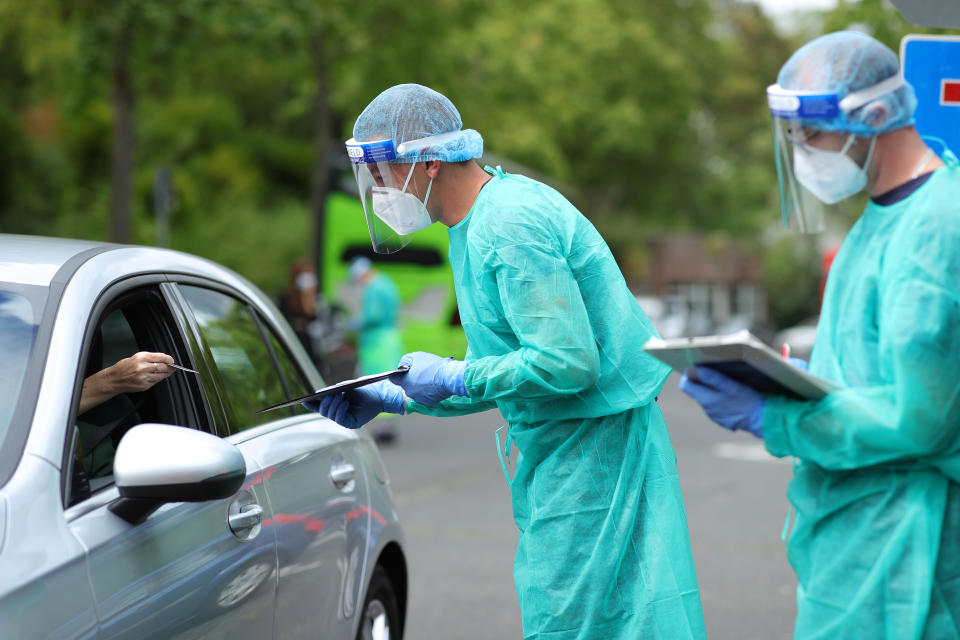Coronavirus: German firms slowly wean off short-hours scheme

The number of companies participating in the German government’s furlough scheme, known as “short-time work” is slowly falling. According to the Ifo economic institute in Munich, 37% of all companies surveyed still had their workers on short-time hours in August, down from 42% in July.
“The proportion of companies on short-time work declined across almost all sectors, even if there are still many overall,” said Ifo labor market expert Sebastian Link.
However, more than half of industrial companies surveyed are still reliant on the programme, and within that sector some 80% of metal producers were still on short-time hours, and 65% in the automotive industry.
A collapse in global demand for new cars, one of Germany’s most important exports, is threatening jobs in the industry. Automotive supplier Continental said in August that it was reckoning with a 20% drop in car production globally this year. The German Automotive Industry Association warned in June that 100,000 jobs are at risk in the sector due to enduring low demand.
The furlough scheme, known as “Kurzarbeit” (“short work”), means the government pays around 60% of a worker’s salary — more if they have children — while they are sent home or work reduced hours.
READ MORE: Germany extends short-time work support until end of 2021
That amount goes up to 70% of lost wages if people are on short-hours for more than four months, and to around 80% after seven months.
The travel industry in Germany remains devastated by the pandemic, with 88% of travel and tour operators on Kurzarbeit, as well as 71% of hotels.
In the service industry, 33% of companies were still availing themselves of the furlough scheme, down from 39% in July.
The government recently agreed to extend the scheme by an extra year, until December 2021, to help companies avoid layoffs and enable them to keep their staff on standby until things pick up again.
German finance minister Olaf Scholz recently described Kurzarbeit as the country’s “greatest economic and socio-political act,” and “a masterpiece of the German state.”
Germany in August experienced a surge in infections not seen since April this year.
While there are currently no plans to return to the nationwide lockdowns of March and April, the government has ramped up virus testing and mandatory quarantine for those returning from some 160 countries designated as high-risk.
READ MORE: Merkel warns COVID-19 pandemic likely to get worse in coming months
At her annual summer press conference last week, chancellor Angela Merkel said that the coronavirus pandemic was likely to get worse moving into the colder seasons. She urged people to keep taking it seriously as the rise in infections is “worrying.”

 Yahoo Finance
Yahoo Finance 